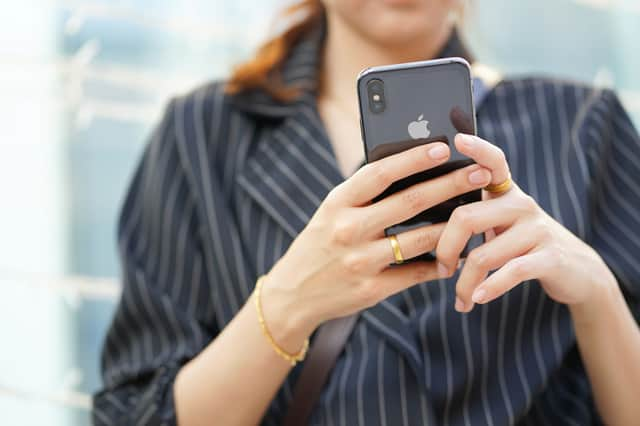The latest iPhone iOS update allows Apple employees to listen to your conversations - here’s how to opt out


Despite apologising in August and suspending the practice, Apple is again using human employees to review audio captured by virtual assistant Siri, rather than using machines.
This is what you need to know about the latest iOS update, how Apple employees are getting access your audio and how to opt out.
iOS 13.2 update
Advertisement
Hide AdAdvertisement
Hide AdThe new update comes with some new features for iPhone users, but it also brings back the practice of Apple allowing human workers to listen to your Siri interactions.
The use of humans listening to audio recording was troubling as it increased the chances of an employee or contractor leaking leaking details of information being shared, including sensitive conversations.
While the practice was suspended earlier in the year, Apple is now giving users notice that the process has begun again when installing the new update. However, users can now opt out of having their audio stored and reviewed.
How to opt out
When installing the iOS 13.2 update, iPhone owners can choose ‘not now’ to decline audio storage and review.
Advertisement
Hide AdAdvertisement
Hide AdAlternatively, users can turn this option off in the settings at a later point.
To do this in the settings, you’ll need to:
Go to ‘Settings’Go to ‘Privacy’ then ‘Analytics and Improvements’Click off the button next to ‘Improve Siri & Dictation’
To delete any recording Apple might have uploaded to its servers, you’ll need to:
Go to ‘Settings’Go to ‘Siri & Search’Open ‘Siri & Dictation History’Press the red button that say ‘Delete Siri & Dictation History’, then press confirm when it asks you again
Advertisement
Hide AdAdvertisement
Hide AdIn the small print under ‘Delete Siri & Dictation History’, however, it states that any data sampled by Apple “to help improve Siri and Dictation is no longer associated with this iPhone and will not be deleted” - that may also include any data Apple collected before allowing users to opt out of this process.
This article originally appeared on our sister site Edinburgh Evening News